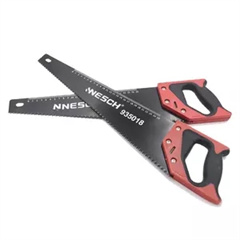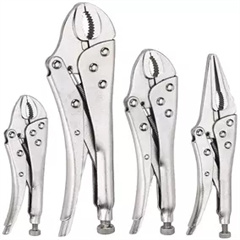Navigating knife laws and ethics is essential for anyone who owns, carries, or uses knives. Different regions and jurisdictions have varying regulations regarding the possession and use of knives, and understanding these laws is crucial to staying on the right side of the legal landscape. Additionally, ethical considerations play a role in how knives are used responsibly and safely. Here’s a guide to help you navigate knife laws and ethics:
Knife Laws:
- Research Local Laws: Laws regarding the possession, carry, and use of knives can differ significantly based on your location. Research and understand the laws in your country, state, province, or city before acquiring or carrying a knife.
- Types of Knives: Different laws may apply to various types of knives, such as fixed-blade knives, folding knives, switchblades, and concealed carry knives. Know the specific regulations that pertain to each type.
- Blade Length: Many jurisdictions have restrictions on blade lengths for carrying knives. Blades that exceed the legal limit might be classified as weapons and subject to stricter regulations.
- Intent: Some laws consider the intent behind carrying a knife. Carrying a knife for self-defense, as a tool for work, or for recreational purposes can lead to different legal outcomes.
- Restricted Areas: Certain places, such as schools, government buildings, airports, and public events, may have restrictions on carrying knives. Be aware of these areas and comply with their rules.
- Concealed Carry: Concealed carry of knives may have specific laws, similar to concealed firearm carry. Understanding these laws is important to avoid legal issues.
- Online Sales and Shipping: When purchasing knives online, be aware of any restrictions on shipping certain types of knives to your location. Some jurisdictions have regulations on the sale and transport of specific knife types.
Knife Ethics:
- Responsible Use: Use knives responsibly and for legitimate purposes, such as cutting tasks, cooking, outdoor activities, and hobbies. Avoid using knives in ways that could be considered threatening or dangerous.
- Safety First: Always prioritize safety when using knives. Properly handle and store knives to prevent accidents, and keep them out of reach of children.
- Respect for Others: When carrying or using knives in public spaces, consider how others might perceive it. Be respectful of people’s comfort levels and avoid causing unnecessary concern.
- Conflict Avoidance: If you carry a knife for self-defense purposes, prioritize conflict avoidance and de-escalation. Using a knife in a self-defense situation should be a last resort.
- Environment and Wildlife: When using knives outdoors, follow Leave No Trace principles. Avoid damaging trees, rocks, and other natural features, and respect wildlife habitats.
- Cultural Sensitivity: Some knife designs and uses might have cultural or historical significance. Be aware of these sensitivities when discussing, displaying, or using knives.
- Proper Maintenance: Regularly maintain your knives to keep them in good working condition. A well-maintained knife is safer to use and can prevent accidents caused by malfunctioning equipment.
Understanding and following knife laws and ethics not only helps you stay compliant with regulations but also contributes to a safer and more responsible knife-carrying and knife-using community. Always stay informed about local laws and consider the broader ethical implications of your actions when it comes to knives.



































